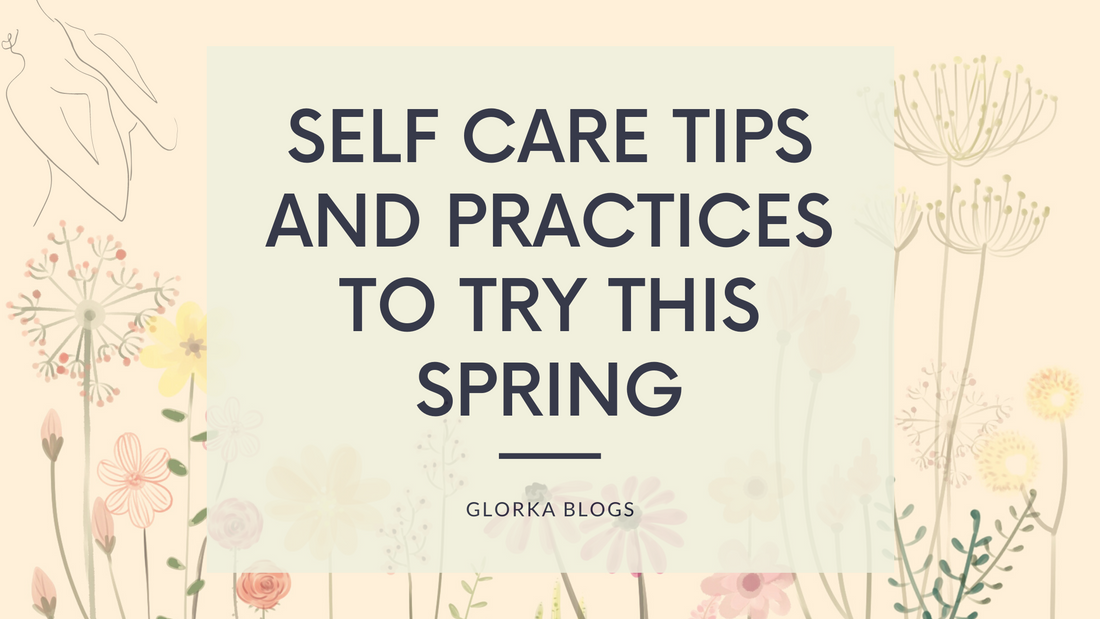“Be kind to yourself, dear—to our innocent follies. Forget any sounds or touch you knew that did not help you dance. You will come to see that all evolves us.”
—Rumi
It is easy to get caught up in life's busy wheel; between taking care of your children, growing your relationship with your spouse, hitting targets at work and attending to your hobbies and interests.
This can get overwhelming, pushing us to high stress levels, anxiety and eventually lead to depression. We have put together simple tips and ways you can practice mindfulness and self-care to keep you abundant on the inside and graceful as you navigate through life.
1. Body Scan
For this mindfulness activity get comfortable, you can lay flat on the floor or a bed (think savasana in yoga), or sit in a chair or on a meditation cushion. You can even do this walking if you like, though I do not recommend that to start.
Relax and feel your body. Spend just a few moments being aware of your body in general. Maybe listen to your breath and notice how deeply (or shallowly) you are breathing. Maybe you will hear your stomach rumbling or gurgling. Maybe there is an itch on your nose.

2. Eye Scan
Look around you and name three things you can hear, then two things you can see, and finally one sensation that you feel.
By doing this, you are grounding yourself by increasing your awareness of your body and your environment.

3. Mindful Breathing
A mindful breathing technique involves paying attention to your breath without changing it. Even though this might sound easy, focusing your attention on a simple thing like your breath can actually take some discipline and practice. Your mind will probably wander off. Many times.
Mindful breathing is simple in theory, but it can be a challenge to implement, especially at first. However, the more you practice and get used to bringing your mind back when it wanders, the more you’ll be able to experience the calmness and connection to the present moment that mindful breathing techniques can offer.

4.Mindful eating
Mindful eating is a technique that helps you gain control over your eating habits. It has been shown to promote weight loss, reduce binge eating, and help you feel better.
Fundamentally, mindful eating involves:
- eating slowly and without distraction
- listening to physical hunger cues and eating only until you’re full
- distinguishing between true hunger and non-hunger triggers for eating
- engaging your senses by noticing colors, smells, sounds, textures, and flavors
- learning to cope with guilt and anxiety about food
“Walk as if you are kissing the Earth with your feet.”
―

